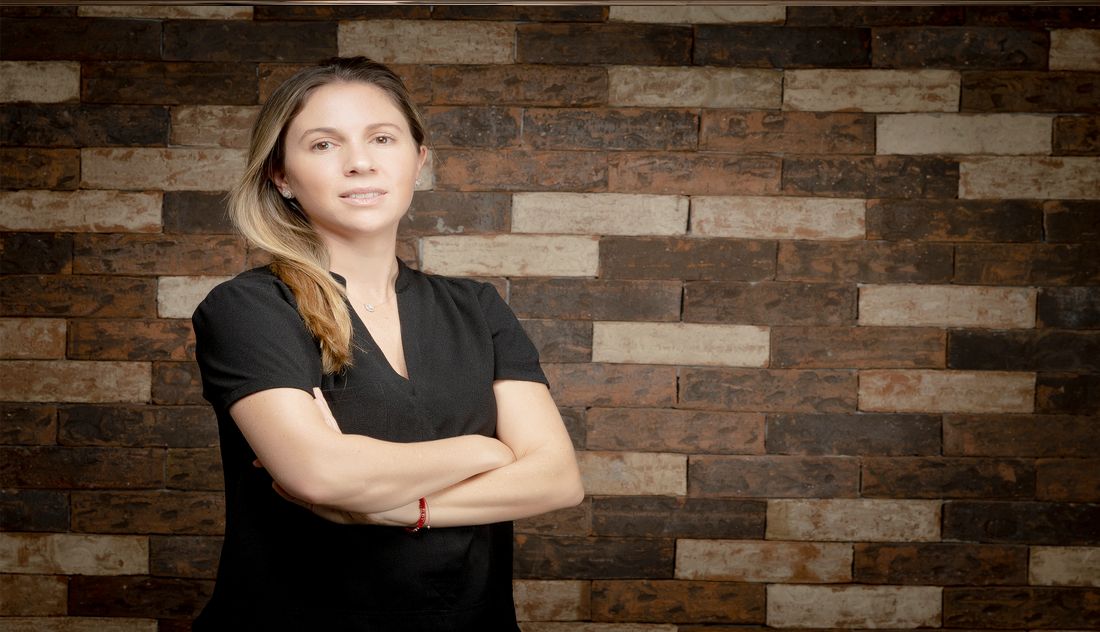
As the second-largest market in Latin America, Mexico is a critical market for startup founders to understand. Canasta Rosa founder Deborah Dana shares her advice for navigating the booming Mexican startup market.
As a founder in Mexico City, Deborah Dana has worn many different hats. She runs Canasta Rosa, a growing marketplace startup for unique, local and handmade products in Latin America. In 2009, she founded Kiwilimon, a social recipe platform that became the largest digital cooking platform in Mexico with over 20 million monthly visits. And in between, she was managing partner at the venture firm Soldiers Field Angels, and one of the co-founders of the Asociación de Emprendedores de México (ASEM).
Mexico’s startup market is booming — notably in areas like ecommerce, fintech, blockchain, and more. It’s also the largest Spanish-speaking country in the world, and the second-largest market in Latin America behind Brazil. That makes Mexico a critical market to master if you’re a founder seeking to build, grow or expand a startup in the region as a whole.
“I think the most untapped ecommerce market in the world is Mexico. Especially right now with COVID-19, current data shows that Mexico’s e-commerce market has had 900% revenue growth since confinement.” Share on X“I think the most untapped ecommerce market in the world is Mexico,” Dana says. “Especially right now with the COVID-19 situation, current data shows that Mexico e-commerce market has had a 900% revenue growth since confinement.”
Understand the opportunities and unique challenges
Founders must also understand both the opportunities and unique challenges of growing a startup in Mexico. In e-commerce for example, delivery and logistics infrastructure is less developed than it is in the United States. Historically, government postal service has been poor; Dana said: “the whole logistics chain was not reliable,” and fraud was not uncommon.
That’s changed over the past couple of years, she adds — but founders who launched e-commerce startups a decade ago largely “just couldn’t succeed because of the environment,” Dana adds. “And I think it’s similar in a couple of other countries in Latin America, but I’ve heard that Mexico was the worst.”
Don’t rush into an investment
Some Mexico-based investors have pulled back on new investments in the COVID-19 environment. But there is still money to be raised in Mexico, particularly if your startup isn’t particularly negatively impacted by the pandemic.
“Talk with international funds, or with angel investors or family offices, because many of the VC funds in Mexico right now are reviewing their investment strategies to make sure that their portfolio companies stay afloat.” Share on X“There are a couple of funds that must continue to invest their portfolios, but many are on hold, Dana says. “So another recommendation would be to talk with international funds, or with angel investors or family businesses, because many of the VC funds in Mexico right now are reviewing their investment strategies to make sure that their portfolio companies stay afloat.”
And don’t rush into an investment just because the money is green: Founders must closely examine terms and understand if the relationship makes sense.
“You really have to understand if there’s a fit, because it’s not, in the future that could cause issues,” Dana adds.
Dare to innovate
The current environment has amplified many existing challenges in a market — not just in Mexico, but everywhere. But in a crisis or a difficult moment, don’t be afraid to innovate and take the opportunity to drive your startup forward.
“A lot of entrepreneurs are kind of waiting to see what happens before they venture out, or maybe they're being more cautious with their startup. But there are so many great stories of startups that boom during a crisis.” Share on X“I think a lot of entrepreneurs are kind of waiting to see what happens before they venture out, or maybe they’re being more cautious with their startup. But there are so many great stories of startups that boom during a crisis,” she said. Cornershop, the Latin American grocery delivery startup, is a good example: Instead of pulling back in an uncertain environment, they are expanding their product to select U.S. cities.
“Many times, the crisis makes you think of new ways of approaching problems,” she adds.
Be part of a network
Finally, don’t go it alone. Being part of a network — one with extensive ties not just in Mexico, but internationally — is also very important to successfully growing a startup Mexico and Latin America at large.
“Founders Network has been a good space, particularly for asking recruiting or talent-seeking questions. For example, we’re looking for more international talent for our tech team,” Dana says. “For fundraising, I’ve also talked with a couple of founders who are helping to introduce me to funds in the States. This is a great way to tap into that.”
Request an invite to learn more about managing startups from Deborah Dana and 600+ fellow tech founders through interactive webinars and forum conversations featuring over 9 years of archived knowledge.






